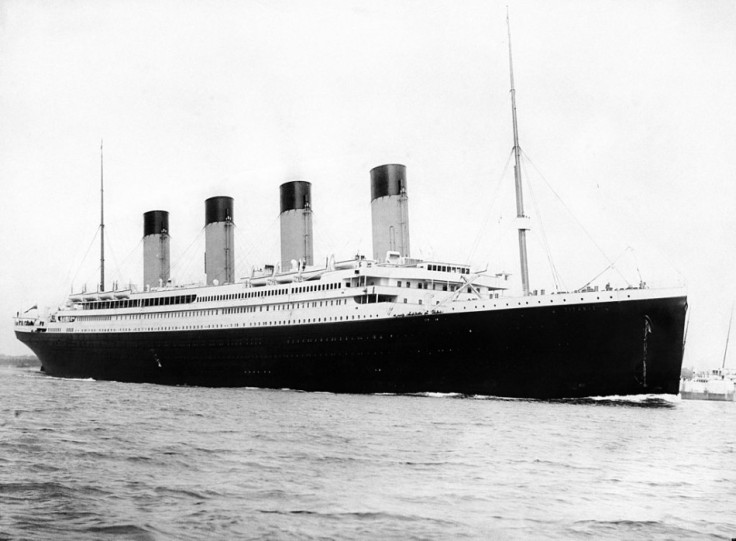Cruise Holiday to Hawaii Gives Woman Permanent Seasickness

A dream cruise to Hawaii has left a British woman suffering permanent seasickness, blackouts and nausea.
The holiday was back in January 2008 but Michele-Marie Roberts says she still feels seasick after five years.
"It's like the disorientating feeling you get after coming off a waltzer at the fair - all the time. It's horrendous," she told BBC News.
"I walked down the gangplank and collapsed - completely blacked out. I got the flight back home and I was staggering all over the shop.
"I was slurring my speech - on one occasion I blacked out while chopping vegetables," she recalls.
Roberts is suffering from a very rare condition called Mal de Débarquement Syndrome (MdDS). The underlying causes of the condition are unknown and it tends to occur after travel on boats and ships but can also be triggered by air travel.
It is characterised by constant feelings of nausea, swaying, rocking and bobbing. Other symptoms can include extreme fatigue and mood swings.
Roberts was sent for an MRI scan and tested for a range of disorders including multiple sclerosis before she was correctly diagnosed six months after her cruise, by doctors at the Royal Berkshire Hospital.
The 49-year-old says it ruined her marriage as she could no longer look after her two sons, who are autistic, leaving her husband to manage as their full-time carer.
After her divorce, she set up her own business - a dating agency called Wavelength for single parents of special needs children.
"You think you're going bonkers when you have MdDs. You feel so isolated," she said.
Diane Bruning was affected by MdDS after a deep-sea fishing trip from San Diego. "I thought I was feeling an earthquake until I realised no one else was reacting," she told the MdDS Balance Disorder Foundation website.
"I haven't stopped rocking, swaying and bobbing since. I have been diagnosed with MdDS which was not an easy diagnosis to come by."
There is no known cure for the rare disorder although there are activities that ease the symptoms such as vigorous exercise, swimming, kayaking and driving.
© Copyright IBTimes 2025. All rights reserved.






















